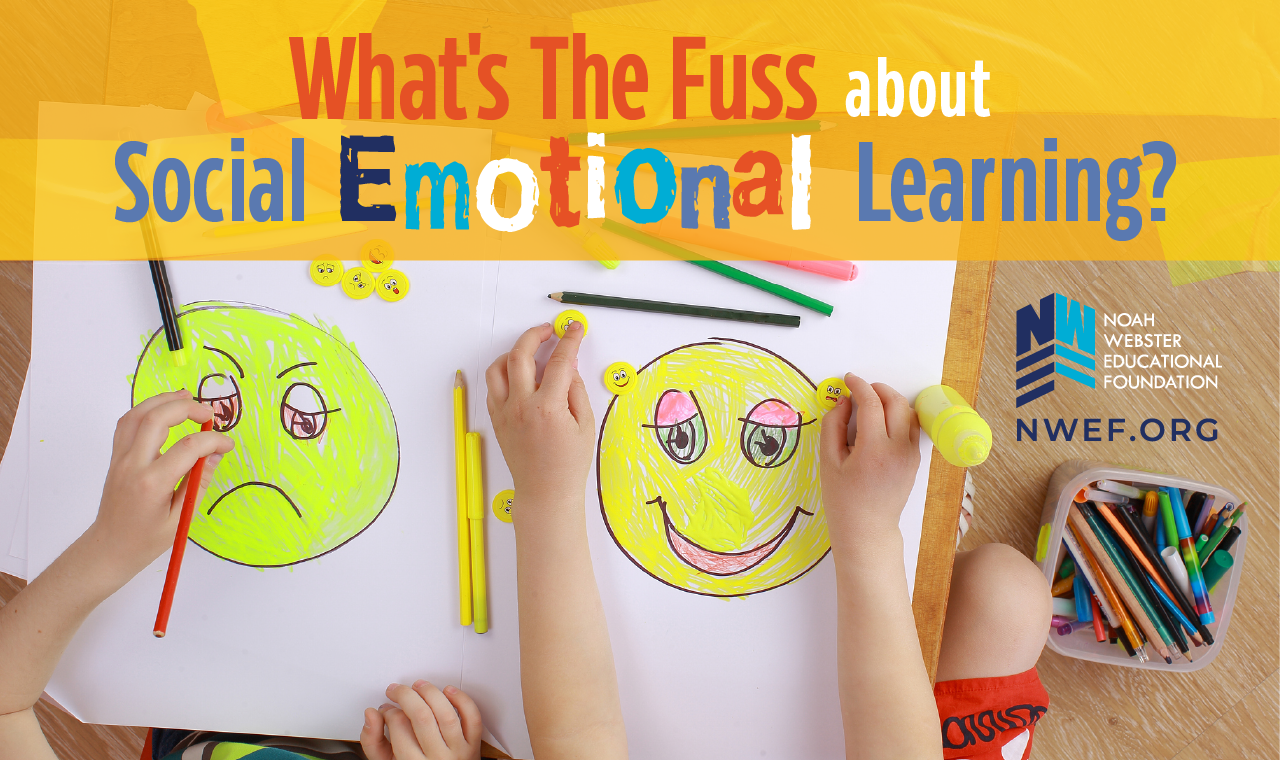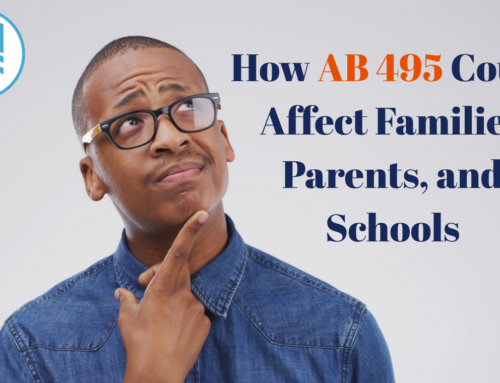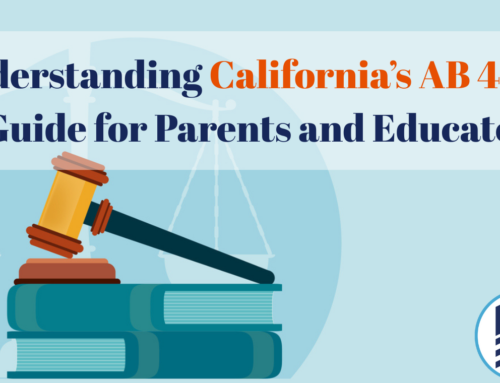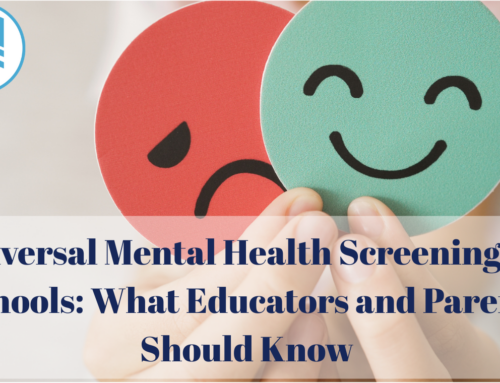
What’s the Fuss About SEL (Social Emotional Learning)?
The education world is very familiar with controversy. In recent headlines, hot-button issues included CRT (Critical Race Theory) and Common Core. School reform, vouchers, and standardized testing spark wide debate. Educating the country’s children has long-standing implications, and everyone has an opinion.
A relatively new controversy has entered the scene—Social Emotional Learning, or SEL. Technically, SEL has been around for decades, yet there has been little to no outcry against SEL. While some have questioned the prudence of the government forcing its version of social and emotional norms on American school children, thanks to recent updates to the curriculum, the debate’s heated up to controversial levels and joined the adversarial arena as a contester for controversy.
So, what’s all the fuss about social emotional learning, and should American parents be concerned?
What Is It?
Social Emotional Learning is defined by the Collaborative for Academic, Social, and Emotional Learning (CASEL), a leading authority on SEL, as “the process through which all young people and adults acquire and apply the knowledge, skills, and attitudes to develop healthy identities, manage emotions and achieve personal and collective goals, feel and show empathy for others, establish and maintain supportive relationships, and make responsible and caring decisions.”
SEL teaches children the appropriate way to interact with their inner being and others. At its core, Social Emotional Learning teaches good character, moral values, and self-esteem.
SEL in education is not an invention of the 20th century. American public schools began with religious schools, which uncompromisingly combined academia with religion, morality, and an emphasis on good character. Character training for students is a widely accepted aspect of their education. Even the U.S. Department of Education emphasizes the necessity of teaching students these essential attributes. For children, character development is foundational to who they become as adults. Psychology Today defines good character as traits that “lead us to think, feel, and act in certain ways.”
Frederick M. Hess presented an article for the American Enterprise Institute. In his explanation of the SEL controversy, he wrote, “‘Since the dawn of the republic, teachers and schools have been tasked with teaching content and modeling character.’ Pursued responsibly, SEL can help with all of that. In fact, while SEL can seem like a new idea, it’s more of a variation on a historical theme—that educators cannot focus only on academic mastery but must also develop the ‘whole child.’”
While it’s not new, social emotional learning has become a clearly defined, specific educational discipline. Rather than merely encouraging character, morality, self-esteem, and good citizenship, these have been combined under one unifying theme and labeled SEL.
If we want children to learn how to “think, feel, and act” in ways that benefit them and those around them, we must integrate moral training into their everyday learning. SEL attempts to do just that.
The Famous Five
SEL focuses on five key attributes:
- Self-awareness: The ability to understand your own inner being. Recognizing that your emotions, thoughts, values, and experiences influence those around you. Understanding that your internal attributes also impact your own actions and affect your ability to master other key competencies.
- Self-management: The ability to identify and manage your emotions, thoughts, and behaviors for your own good and the greater good of others.
- Social awareness: The ability to empathize with and relate to others based on perspective, background, and broader historical and social norms.
- Relationship skills: The ability to connect with others and maintain those relationships. To do this, you learn to communicate effectively, listen to others, learn diplomacy to cooperate with others, work with others to solve problems and negotiate conflict constructively, etc.
- Responsible decision-making: The ability to consider yourself and others in your decision-making. Learning to act deliberately and constructively, making appropriate choices about your personal and social interactions.
These five attributes are valuable skills that every child should learn from a young age. However, concerns remain, such as:
- Should the government teach children topics like self-awareness and social awareness?
- Can a government facility effectively communicate these attributes to a diverse group of children collectively?
- Can political entities, such as the federal and local governments, effectively teach SEL without allowing the influence of political and social agendas to corrupt their efforts?
An Impossible Endeavor
“…as with so many well-meaning education reforms, SEL has a Jekyll-and-Hyde aspect…SEL can be reasonably described both as a sensible, innocuous attempt to tackle a real challenge and, too often, an excuse for a blue, bubbled industry of education funders, advocates, professors, and trainers to promote faddish nonsense and ideological agendas.”
Frederick M. Hess hits the bulls-eye with this astute observation. While social emotional learning has a valid basis, the root of the issue remains that agendas and politics inevitably sneak in when the government is involved. Education has never been a neutral ground, and it never will be. The secret has begun to leak out.
Education Week published an article titled, ‘Educators Must Realize That There Is No Neutral Position on Issues of Racial Justice.’
Connected Learning Alliance admitted the neutrality lie in their article Power On!: Why CS Education Can No Longer Pretend to Be “Neutral.”
The cat is out of the bag, and we cannot reasonably deny it.
The National Education Association addressed this in their article ‘Education is Political’: Neutrality in the Classroom Shortchanges Students. Here, they explore the opinion of Alyssa Hadley Dunn, Assistant Professor of Teacher Education at Michigan State University. Dunn notes, “Everything in education—from the textbooks to the curriculum to the policies that govern teachers’ work and students’ learning—is political and ideologically informed. Both what is taught and how it is taught is shaped by the cultural, social, political, and historical contexts in which a school is situated. We can’t pretend that teachers can leave these contexts at the door.”
Education is never neutral, and Americans have increasingly seen specific agendas and ideologies infiltrating government schools.
The Evolution of SEL
As if SEL wasn’t a complex undertaking on its own, activists are now working to change social emotional learning to include the political and ideological spin skeptics have feared all along.
This evolution has been dubbed “Transformative SEL.”
IGI Global defines the term as: “Transformative Social Emotional Learning (TSEL) expands the SEL framework to address social justice and disenfranchisement of underprivileged groups by examining the additional acquisition of knowledge and skills in identity, intersectionality, agency, and belongingness.”
T-SEL has a specific flavor of political and ideological spice to it. Transformative social emotional learning includes distinct social justice vibes that rub many parents and educators the wrong way. Even parents who agree with the ideology often prefer to address the issues at home instead of having their children exposed to the ideas and concepts at school.
Rising Concerns
As the culture war in the U.S. continues to build, attentive parents have begun scrutinizing every area of our world, especially where it relates to their children and education. Already mobilizing against CRT and some sex education approaches, American parents have now set their protective sights on T-SEL and SEL.
Many parents believe that social and emotional skills should be taught at home and not at school. The Hechinger Report notes that, among other findings, the Fordham Survey found that “Parents of all political stripes see SEL as primarily a family responsibility, and nearly half of all parents strongly or somewhat agree that schools should focus on academics and leave SEL to parents….”
The most recent uproar about SEL, and the flashpoint for parents rising en masse against social emotional learning programs, was the introduction of T-SEL by the Collaborative for Academic, Social, and Emotional Learning.
Lisa Logan, a wife, mother, and self-proclaimed patriot, is on the front lines of the T-SEL issue and is “Exposing the sinister agenda behind Social Emotional Learning Programs.” In an interview with PragerU, Logan explained her passion for this issue and the dangers associated with SEL.
“…in 2020, they [CASEL] changed their definition of social emotional learning and five core competencies to be transformative social emotional learning….” Logan noted, “It’s a completely different way of teaching social emotional learning theory through a racial and equity lens. So their aim is to…’redistribute power to promote social justice through student engagement in school and civic life.’”
Logan and Stacie Clayton, another concerned mother from the district, first began their deep dive into SEL research when a teacher from their children’s school quit over SEL requirements.
Together, the two women invested their time into discovering the ins and outs of SEL in their district, culminating in a twenty-five-page report. The report details concerns with the Second Step curriculum, including “an undercurrent of social justice, critical race theory,
race and gender power and privilege, gender fluidity, collectivism, sexualization and other
disturbing ideologies flowing throughout this curriculum. In addition, generally, the lessons
steer students away from (or don’t mention) their family.”
Logan’s outspoken views on SEL have encouraged other parents nationwide to investigate the issue for themselves. The SEL controversy is still relatively new and isn’t likely to dissipate soon.
Are There Upsides?
Presuming one overlooks the potential for harm and SEL is used in its purest, most successful form, research indicates many positives to social emotional learning.
SEL prepares children for adulthood. When students have the knowledge and skills to tackle real-life problems constructively, they can effectively navigate the pressures of adult life. This is beneficial on a personal level and professionally.
A report by the AEI/Brookings Working Group on Poverty and Opportunity explains, “Increasingly, economists, employers, and corporate leaders are recognizing how vital ‘soft skills’ are to succeed in the labor market and to the nation’s productivity…These and other characteristics influence people’s educational attainment, employment, and earnings as much as or more than academic achievement as measured by standardized achievement tests. In education policy and practice, these soft skills go by many names, most commonly social-emotional learning (SEL) or character development.”
Long-term, effective SEL programs have the potential to influence the rest of a student’s life.
CASEL compiled data from a large number of studies examining the short-term benefits of SEL for students. They found that if schools added a SEL program:
- 27% more students would improve their academic performance
at the end of the program;
- 57% more would gain in their skills levels;
- 24% more would have improved social behaviors and lower levels of distress;
- 23% more would have improved attitudes; and
- 22% more would show fewer conduct problems.
A Good Concept, Questionable Possibilities
Social emotional learning has deep historical roots with a solid foundation in education. Traditionally, this process was family-based and reinforced through education. Today, these life skills are taught less at home and more at school. This trend concerns many parents.
The evolution of SEL fails to reassure American families of its neutral status and vital presence in the schoolroom. Will social emotional learning survive the culture war? Only time will tell.




